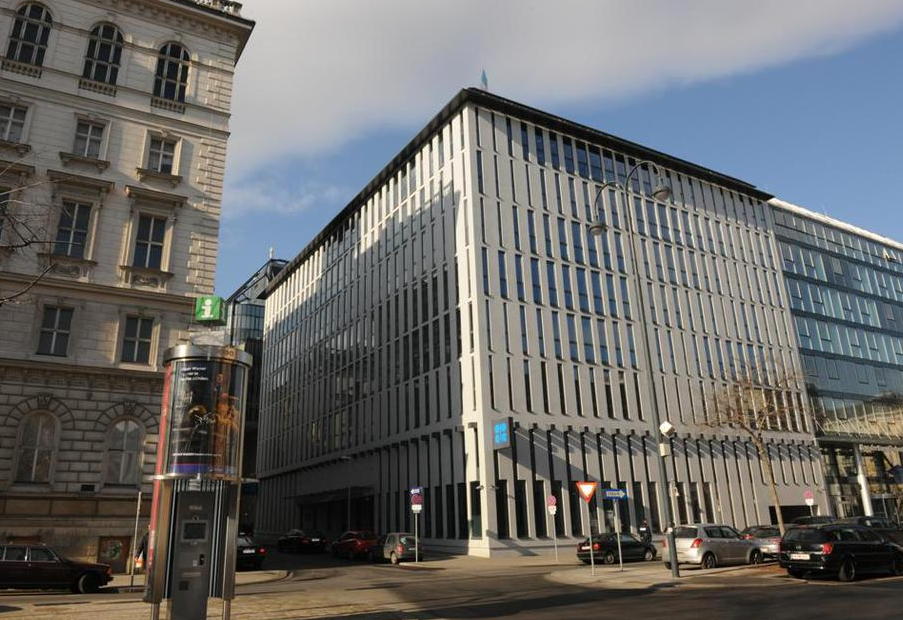
OPEC said demand for its crude will slide to 2020, though less steeply than previously expected, as rival supplies continue to grow.
The organization will need to pump 30.7 million barrels a day by the end of the decade, OPEC said Wednesday in its annual World Oil Outlook. That’s 1.7 million barrels more than projected a year ago, and 1 million less than the group pumped in November.
The forecast underlines the struggle faced by the Organization of Petroleum Exporting Countries as it seeks to defend market share against a surge in output from rivals such as the U.S. and Russia. While OPEC is slowly taming the expansion of competitors, the collapse in oil prices means the financial costs of its strategy are immense. Brent crude futures touched an 11-year low of $36.04 a barrel on Dec. 21.
“Although lower oil prices continue to foster some demand growth, their impact seems to be limited by other factors,” the group said. “The removal of subsidies and price controls on petroleum products in some countries and ongoing efficiency improvements will all likely continue restricting oil demand growth.”
The 30.7 million barrels of daily output needed from 12 of OPEC’s members in 2020 is about 300,000 a day less than required this year, when it repeatedly pumped above its production target before scrapping the limit altogether earlier this month. The supply total excludes Indonesia, which formally rejoined OPEC on Dec. 4.
OPEC assumes that prices will rise to average $80 a barrel in nominal terms in 2020, and $70.70 in real terms. Last year it had anticipated nominal prices of $110 and real levels of $95.40. That means the value of the group’s output in 2020 would be $218 billion less than estimated a year ago, when it first embarked on the policy to protect market share.
The organization increased its estimate for global oil demand in 2020 by 500,000 barrels a day to 97.4 million a day. By then, fuel consumption in emerging nations will overtake that in the industrialized economies of the Organization for Economic Cooperation and Development, it said.
The group cut forecasts for non-OPEC supply in 2020 by 1 million barrels a day to 60.2 million a day as “market instability” leads to reductions in spending and drilling. Non- OPEC supply will still grow by 2.8 million barrels a day this decade, including 800,000 barrels of additional U.S. shale oil. OPEC said the outlook, which incorporated some data set in the middle of the year, was “clouded by uncertainties.”
The report also forecasts supply and demand through to 2040. Non-OPEC supply will contract in the last two decades of the period to 59.7 million barrels a day, the group said. As a result, demand for OPEC’s crude will rise to 40.7 million barrels a day, expanding its market share to 37 percent.
Almost $10 trillion, in 2014 terms, will need to be invested in the oil industry through to 2040 to develop the required supplies, with $7.2 trillion of this in exploration and production. Producers outside OPEC will need to do the bulk of the spending, investing $250 billion a year.
Recommended for you
